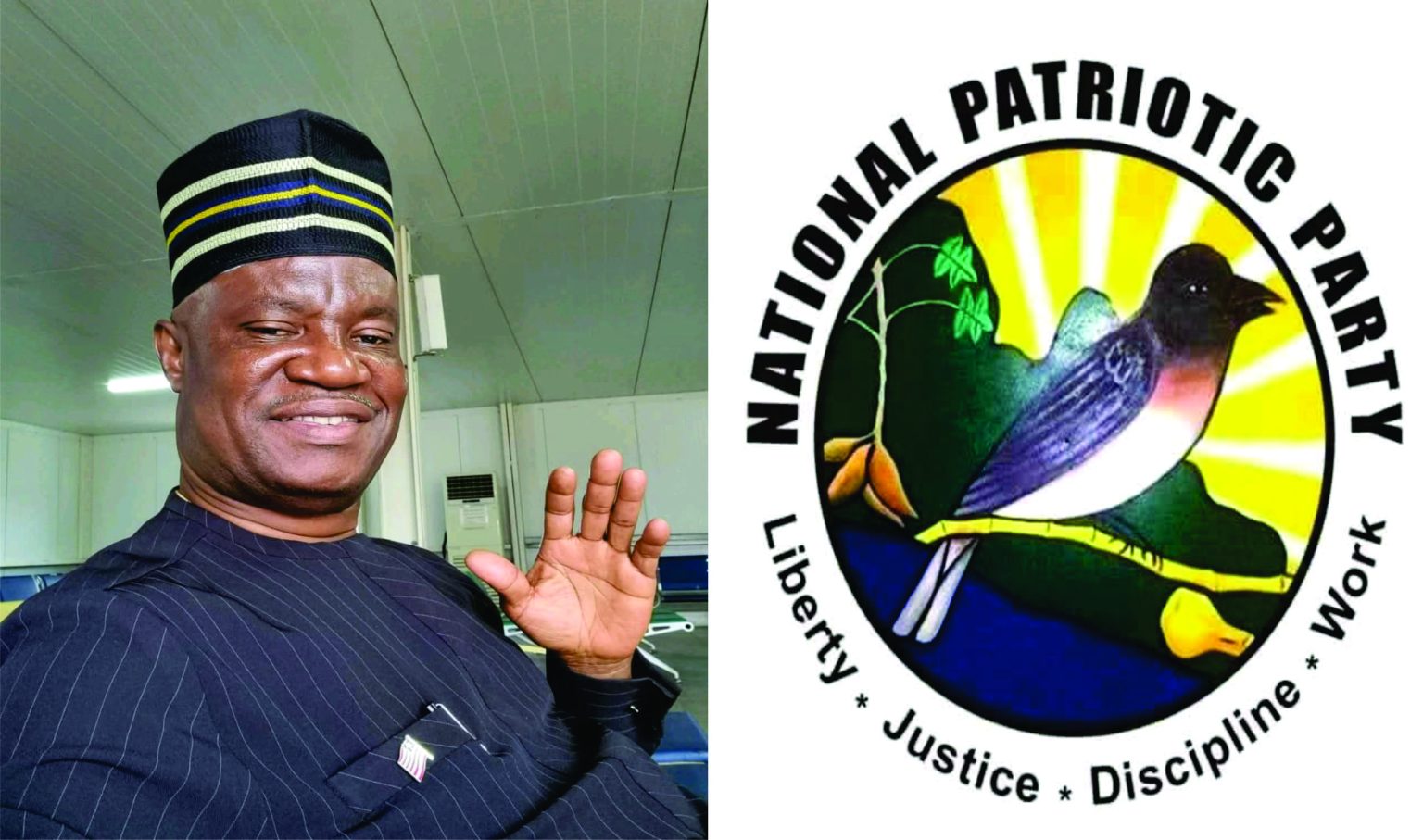The National Patriotic Party (NPP) of Liberia found itself embroiled in a chaotic internal dispute over the endorsement of a candidate for the upcoming senatorial by-election in Nimba County, scheduled for April 22, 2025. The controversy erupted when Atty. George S. Mulbah, claiming to be the party’s national chairman, publicly endorsed Representative Samuel Gongben Kogar during a radio interview. Mulbah cited Kogar’s legislative background, political acumen, and established ties with the NPP as justification for his endorsement, positioning Kogar as a successor who could command the same respect as the late Senator Johnson. Mulbah further announced plans for a formal endorsement presentation in Nimba County on April 17, aiming to galvanize support for Kogar’s campaign. This declaration sparked immediate confusion and dissent within the party, setting the stage for a public power struggle.
The NPP swiftly responded to Mulbah’s announcement with a forceful rebuttal, issuing a press release categorically denying Mulbah’s claim to the national chairmanship and rejecting his endorsement of Kogar. The party’s official statement clarified that Mulbah lacked the authority to speak on behalf of the NPP and that his actions did not represent the party’s position. Instead, the NPP officially endorsed Madam Edith Gongloe-Weh, highlighting her reputation and experience as a fitting representative of Nimba County and aligning her values with the NPP’s vision. The party urged its supporters and Nimba County residents to disregard Mulbah’s pronouncements and throw their support behind Gongloe-Weh, whom they deemed the genuine candidate of the people.
The internal conflict escalated further as the NPP leveled accusations of political sabotage against Mulbah and his alleged associates. They claimed that Mulbah’s actions were part of a larger scheme to align the NPP with Vice President Jeremiah Kpan Koung’s rumored presidential aspirations for 2029, characterizing this as a betrayal of the party’s principles. The NPP vehemently denounced what it termed “backdoor dealings and political opportunism,” emphasizing that the party was not for sale and its future would not be dictated by acts of treachery. This strong statement further solidified the divide within the party and raised questions about the underlying motivations behind Mulbah’s actions.
Adding another layer to the unfolding drama, Mulbah, during his initial radio interview, also revealed plans for an extraordinary party convention scheduled for May 30 in Gbarnga. The purpose of this convention, he explained, was to elect a new political leader – a position distinct from the standard bearer, who is typically chosen during election cycles. Senators James O. P. Biney of Maryland County and Melvin Snowe of Bomi County were reportedly interested in this leadership role. Mulbah framed the convention as an opportunity to chart a new political course for the NPP, promising a transparent and democratic election process. However, given the ensuing controversy surrounding Mulbah’s authority, the legitimacy and outcome of this planned convention were thrown into doubt.
The NPP’s swift and decisive response to Mulbah’s actions underscores the deep divisions within the party. The competing endorsements of Kogar and Gongloe-Weh, along with the accusations of political maneuvering linked to the Vice President’s ambitions, highlight the internal power struggles and conflicting loyalties at play. The upcoming senatorial by-election in Nimba County has become a battleground not only for the candidates but also for control and direction of the NPP itself. The outcome of this election, as well as the planned convention, will likely have significant implications for the party’s future and its ability to present a united front in future elections.
The controversy within the NPP raises fundamental questions about party unity, leadership legitimacy, and the influence of external political forces. The conflicting narratives presented by Mulbah and the official NPP statement highlight the lack of clarity regarding the party’s internal decision-making processes. The accusations of political manipulation further complicate the situation, suggesting a potential struggle for control and influence within the party. This internal conflict threatens to undermine the NPP’s credibility and could have significant consequences for its performance in future elections, especially the crucial 2029 presidential race. The coming weeks and months will be critical in determining how the NPP resolves this internal crisis and navigates the complex political landscape. The party’s ability to regain its footing and present a united front will be crucial for its future success.


